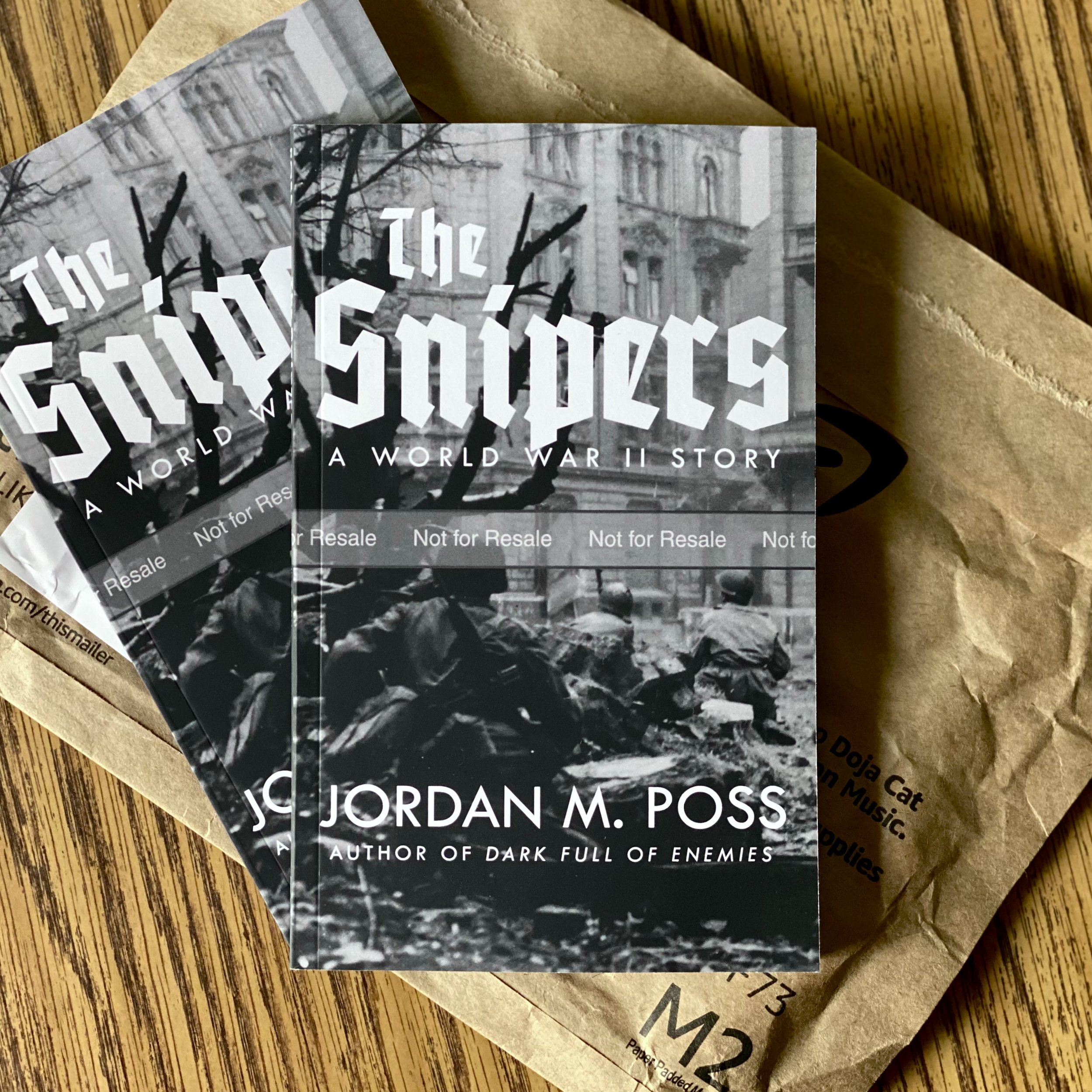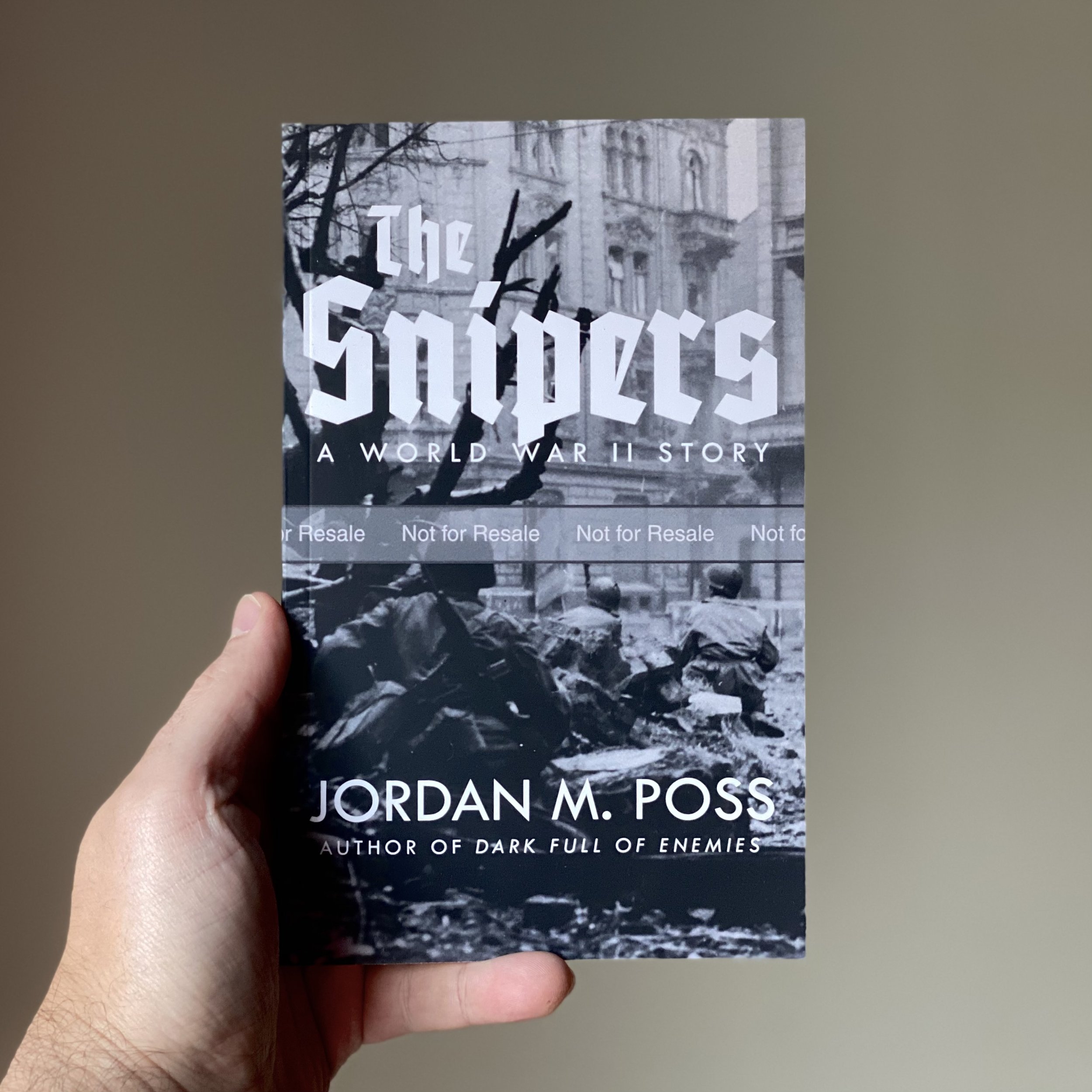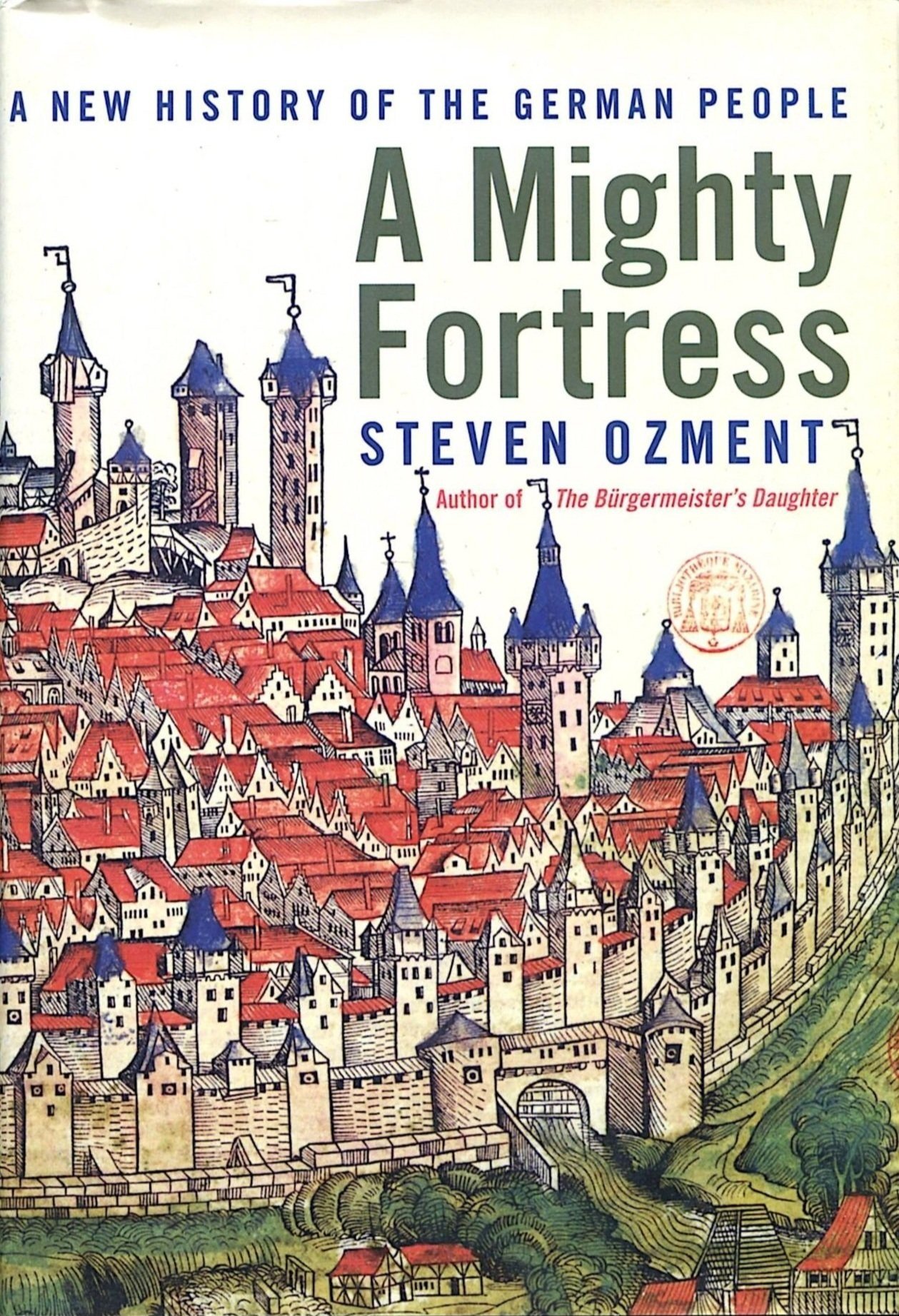Dickson and Heritage, who despite being at loggerheads over politics and literary taste find themselves thrown together on the road, are especially piqued by the innkeeper. They begin to investigate the area further. And thanks especially to what they learn from Mrs Morran, an elderly widow who takes them in, they look especially closely at the great house standing near the village—Huntingtower. This is the home of the Kennedys, the local lairds, but the family fell on hard times in the war and the current heir, Quentin, is absent. In the meantime, surly men with a curious assortment of foreign accents prowl Huntingtower, keep the inn closed, and try to drive off anyone who comes too near either the house or the village.
This includes Dickson and Heritage, as well as—to Dickson’s surprise—the Gorbals Diehards, the poor Glasgow boys who have used Dickson’s donation to fund a ramshackle scout jamboree. Together, this strange band investigate the men at Huntingtower. They also discover the presence of the princess—Saskia, the Russian girl from the book’s prologue.
Who are all the foreigners occupying Huntingtower? Why have they abducted and hidden Saskia there? What do they intend to do with her? What are they waiting for? And, most importantly, what can Dickson, Heritage, and the boys do to stop them? Having discovered an actual princess imprisoned in a tower, they determine—whatever foul play is afoot—to rise to the occasion and thwart the invaders and their plans by any means necessary.
I don’t want to give away much more. Huntingtower relies on the Buchan mainstays of surprise, coincidence, tenacious heroes, and a fair amount of cunning playacting to bring the reader along to its satisfying conclusion. It’s Buchan at his most playful, using the tools honed through his wartime thrillers and historical novels. And the novel was immediately successful. Only The Thirty-Nine Steps ever outsold it.
Though the plotting and pacing are solid and the settings, as always when Buchan conjures Scotland for the reader, absorbing and beautiful, Huntingtower’s greatest charm is its cast of characters. John Heritage is a special favorite of mine. Partly a parody of the bleak modernist poets teeming in the aftermath of the First World War, Heritage nevertheless has noble qualities and many of the same virtues as Dickson—as well as some Dickson realizes he lacks. The development of their odd camaraderie over the course of the story and the way they sharpen and better each other make Huntingtower an insightful accidental study in male friendship.
Huntingtower also gives us Dougal and his scout “troop” of Glasgow street boys, the delightful Mrs Morran—a more lighthearted and gutsy version of Isobel, the Rev David Sempill’s housekeeper in Witch Wood—and the dastardly gang of Bolsheviks at the heart of the plot against Saskia. It even gives us the second appearance of one of Buchan’s favorite and more frequently appearing characters, Sir Archie Roylance, who would go on to play a key role in the plot of John Macnab.
But the star of Huntingtower is Dickson McCunn, who is both a classic Buchan hero and a delightfully atypical, unheroic one. I’ve noted before that Buchan’s novels often begin with the protagonist, a capable man of action, becalmed, frustrated by the tedium of peacetime and day-to-day life. Richard Hannay at the beginning of The Thirty-Nine Steps and Edward Leithen at the beginning of John Macnab complain of needing something to do—anything. So with Dickson McCunn, who finds inactivity as intolerable as either of the others.
But unlike Hannay the South African mining engineer or Leithen the lawyer and MP, McCunn is an old, comfortably prosperous shopkeeper, an elder of his church with good connections and an excellent relationship with his bank. Respectable and businesslike. In his very first scene he reflects with satisfaction on his new safety razor, and his modest ambitions, good sense, and contentment remain with him throughout the story. It is Saskia’s peril, the pluck and tenacity of the Gorbals Diehards, and the transformation of Heritage that stir Dickson to embrace the danger and virtue of adventure, the kind of thing he’s only enjoyed read about.
This gives Dickson an endearing hobbit-like quality that contrasts strikingly with the ruthlessness of his opponents. Here’s how Heritage describes the dreaded leader of the men who have imprisoned Saskia:
He’s the only thing on earth that that brave girl fears. It seems he is in love with her and has pestered her for years. She hated the sight of him, but he wouldn’t take no, and being a powerful man—rich and well-born and all the rest of it—she had a desperate time. I gather he was pretty high in favour with the old Court. Then when the Bolsheviks started he went over to them, like plenty of other grandees, and now he’s one of their chief brains—none of your callow revolutionaries, but a man of the world, a kind of genius, she says, who can hold his own anywhere. She believes him to be in this country, and only waiting the right moment to turn up. Oh, it sounds ridiculous, I know, in Britain in the twentieth century, but I learned in the war that civilisation anywhere is a very thin crust. There are a hundred ways by which that kind of fellow could bamboozle all our law and police and spirit her away.
Not only does this set up the villain and broaden the novel’s scope, it introduces an important theme—the fragility of the good things made possible by civilization and the danger, in the modern world, not only of destroying them but of losing them altogether. The right kind of villain can manipulate the system, outmaneuvering its law-abiding defenders. It takes canny and determined men to defeat that kind of threat.
This theme recurs in Buchan’s fiction almost as often as a character like Sir Archie. It is the central pillar of the first Sir Edward Leithen adventure, The Power-House, and crops up over and over in the Hannay novels and serious historical fiction like Witch Wood. But Buchan expresses it more subtly and effectively in Huntingtower by making it less central to the story’s action.
And it is more effective because of those delightful characters. Who will save the princess from the Bolsheviks and civilization from the revolutionaries? An aging grocer, a frustrated poet, a lame aristocrat, a widow who cooks a mean scone, and a gaggle of barefoot scouts.
Writing about his work in historical fiction years later, Buchan noted how seldom he was asked about his historical novels relative to his thrillers. The average reader always wanted to know when the next adventure of Richard Hannay or Dickson McCunn would come out. Having now made Dickson’s acquaintance, I can see why. Light, brisk, humorous, dangerous but never grim, and elegantly contrived (in both senses of the word), Huntingtower is, in the words of one of Buchan’s biographers, “ridiculous but fast-paced and witty.” In a word, fun. Novels like Huntingtower are the reason people read adventure fiction.


























